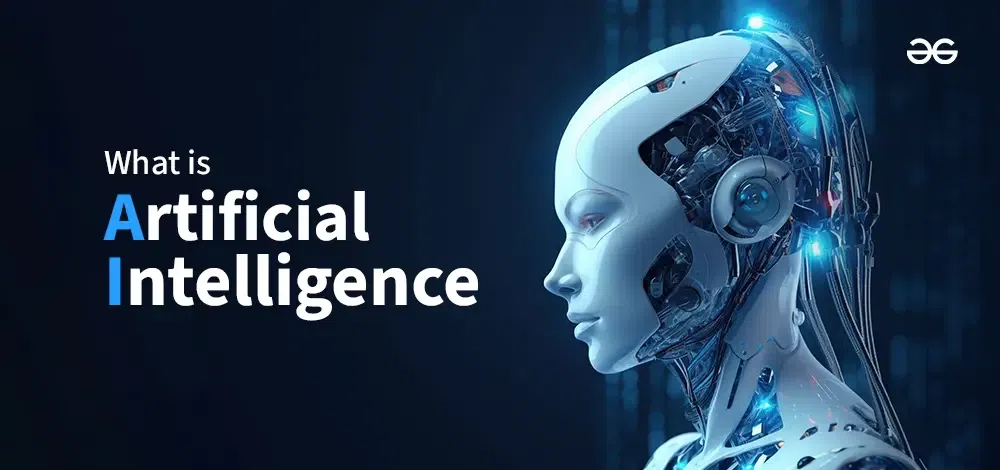Artificial Intelligence (AI) has rapidly evolved over the past few decades, becoming a pivotal force in technology and innovation. From virtual assistants like Siri and Alexa to sophisticated algorithms powering self-driving cars, AI is reshaping how we interact with the world. In this blog post, we will explore what AI is, its applications, benefits, challenges, and its future potential.
What is Artificial Intelligence?
Artificial Intelligence refers to the simulation of human intelligence in machines programmed to think, learn, and perform tasks that typically require human intelligence. AI encompasses various technologies, including machine learning, natural language processing, computer vision, and robotics.
Applications of AI
AI is making significant strides across various industries, enhancing efficiency and productivity. Here are some notable applications:
- Healthcare: AI algorithms analyze medical data, assisting in diagnosing diseases, predicting patient outcomes, and personalizing treatment plans. AI-powered tools can also streamline administrative tasks in hospitals.
- Finance: In the financial sector, AI is used for fraud detection, risk management, algorithmic trading, and customer service through chatbots. These applications help financial institutions operate more efficiently and securely.
- Retail: AI enhances the shopping experience by providing personalized recommendations, optimizing inventory management, and improving customer service. Retailers use AI to analyze consumer behavior and predict trends.
- Transportation: Self-driving vehicles and AI-powered traffic management systems are transforming transportation. AI helps optimize routes, reduce traffic congestion, and enhance safety.
- Manufacturing: In manufacturing, AI improves production processes through predictive maintenance, quality control, and automation, leading to increased efficiency and reduced downtime.
Benefits of AI
The integration of AI into various sectors offers numerous advantages:
- Efficiency: AI automates repetitive tasks, allowing humans to focus on more complex problems. This leads to increased productivity and faster decision-making.
- Accuracy: AI systems can analyze vast amounts of data with high accuracy, reducing the likelihood of human error in tasks such as data entry and analysis.
- Cost Savings: By optimizing processes and reducing operational costs, AI can significantly impact a company’s bottom line.
- Personalization: AI enables businesses to offer personalized experiences, improving customer satisfaction and loyalty.
Challenges of AI
Despite its many benefits, AI also presents challenges that need to be addressed:
- Data Privacy: The use of AI often involves collecting and analyzing large amounts of personal data, raising concerns about privacy and security.
- Bias and Fairness: AI algorithms can inadvertently perpetuate biases present in the data they are trained on, leading to unfair outcomes in applications such as hiring and lending.
- Job Displacement: Automation powered by AI has the potential to displace certain jobs, creating concerns about unemployment and the need for reskilling the workforce.
- Ethical Considerations: The ethical implications of AI, such as accountability for decisions made by AI systems, require careful consideration to ensure responsible development and deployment.
The Future of AI
As technology continues to advance, the future of AI holds immense potential. Key trends to watch include:
- Human-AI Collaboration: The future will likely see increased collaboration between humans and AI systems, where AI augments human capabilities rather than replaces them.
- Explainable AI: Developing AI systems that provide transparency and explainability will be crucial in building trust and ensuring ethical use.
- AI in Everyday Life: As AI technology becomes more accessible, we can expect its integration into everyday life, from smart homes to personalized education.
- Advancements in Research: Continued research in AI will lead to new applications, including advancements in natural language processing, computer vision, and autonomous systems.
Conclusion
Artificial Intelligence is undeniably transforming our world, offering unprecedented opportunities and challenges. As we embrace AI technology, it is essential to navigate its ethical implications and ensure responsible use. By understanding AI’s potential and limitations, we can harness its power to improve our lives and drive innovation across industries.

